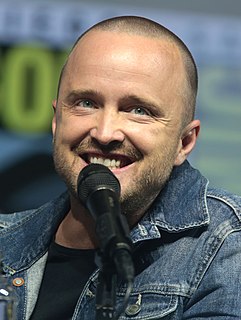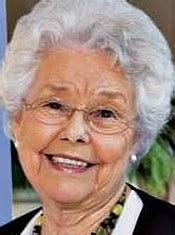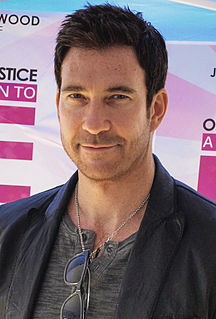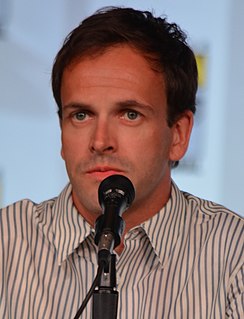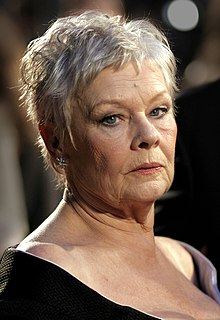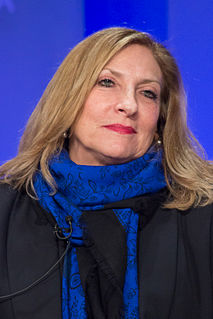A Quote by Ekta Kapoor
I'm just a simple television and film producer who started off from her garage and whose only idea was to tell a story.
Related Quotes
When I started making films I just decided "I'm the filmmaking equivalent of a garage band and I'll just make my garage band movies." But even the same musicians from garage bands would go to my movies and you could tell what they liked from the way that they dressed and they would be the first ones to walk out.
What I want to do is create great content on television and movies. It is not my role to program only for Latinos, and you can't really assume that Hispanics only want Hispanic content. But I do think that we are severely underrepresented in television and film. And instead of complaining about not seeing ourselves, we should become film producers, directors, and writers, and tell our story.
I can tell you one other story about Rent Control. The lead actress in the film, her name was Elizabeth Stack, and it turned out she was Robert Stack's daughter. The only problem with that - and she was lovely - was that she was basically hired because [Gian Luigi Polidoro] thought she was [film producer] Ray Stark's daughter. And he figured that if he ran out of money, her father would kick in some more. I can still remember the day he freaked out when he realized she was actually Robert Stack's daughter. He was just screaming "Untouchables!" over and over.
When I first began to have the initial idea for 'Heartsease,' I just wrote a skeleton story; that is, I started her off as this young, bright 16-year-old and then added the events that occurred and where she and other characters fitted in, even writing 3 different endings, as I was not sure where Mary's story would lead to.
Theater is just so much more satisfying than film or television just because you deliver the whole thing from start to finish in one evening, and you can tell if people have enjoyed it or not. That's great to do every night to go in front of a full room of people and tell the story. There's nothing like that really.





